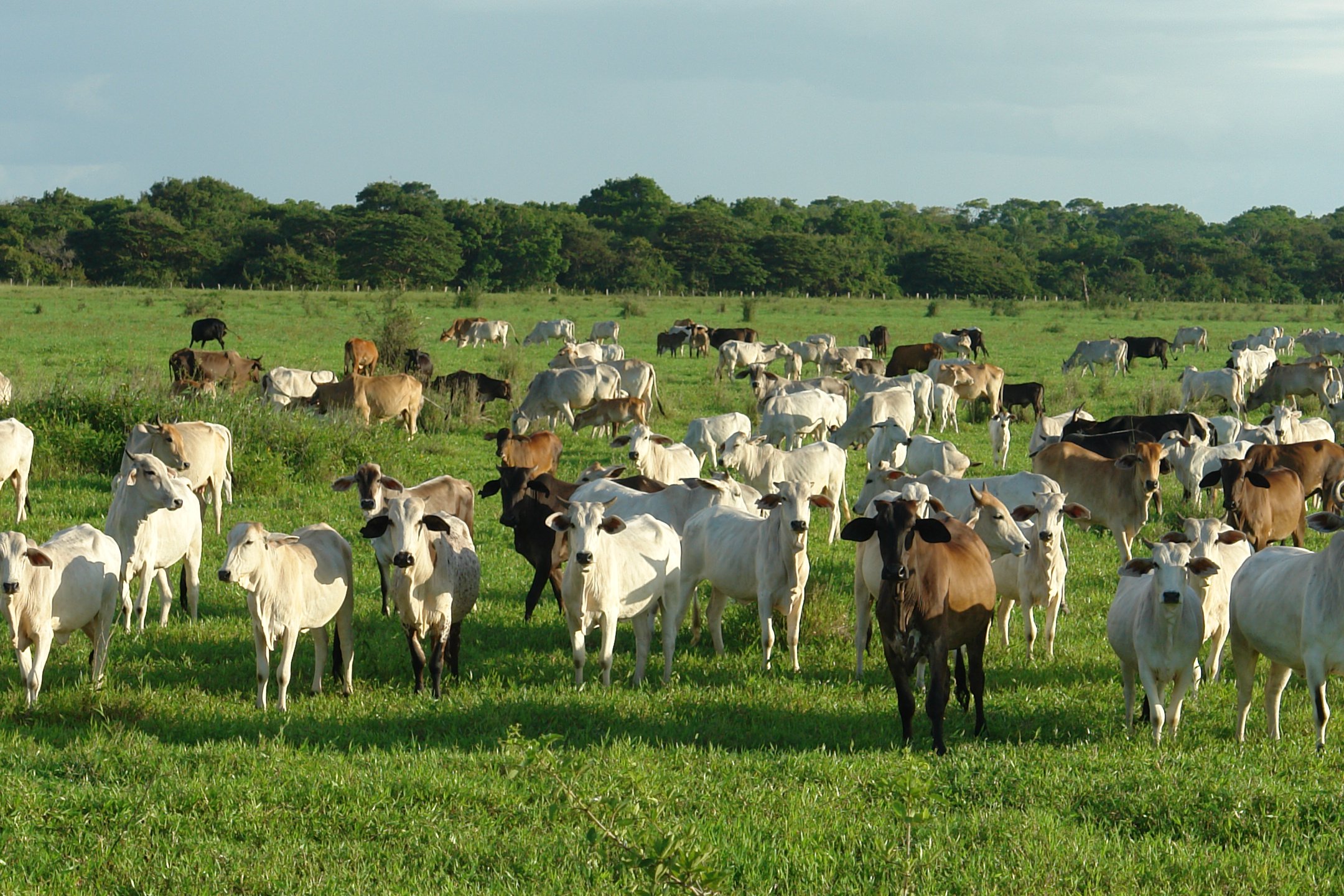1
Or tutta la raunanza dei figliuoli d’Israele arrivò al deserto di Tsin il primo mese, e il popolo si fermò a Kades. Quivi morì e fu sepolta Maria.
2
E mancava l’acqua per la raunanza; onde ci fu un assembramento contro Mosè e contro Aaronne.
3
E il popolo contese con Mosè, dicendo: "Fossimo pur morti quando morirono i nostri fratelli davanti all’Eterno!
4
E perché avete menato la raunanza dell’Eterno in questo deserto per morirvi noi e il nostro bestiame?
5
E perché ci avete fatti salire dall’Egitto per menarci in questo tristo luogo? Non è un luogo dove sì possa seminare; non ci son fichi, non vigne, non melagrane, e non c’è acqua da bere".
6
Allora Mosè ed Aaronne s’allontanarono dalla raunanza per recarsi all’ingresso della tenda di convegno; si prostrarono con la faccia in terra, e la gloria dell’Eterno apparve loro.
7
E l’Eterno parlò a Mosè, dicendo:
8
"Prendi il bastone; e tu e tuo fratello Aaronne convocate la raunanza e parlate a quel sasso, in loro presenza, ed esso darà la sua acqua; e tu farai sgorgare per loro dell’acqua dal sasso, e darai da bere alla raunanza e al suo bestiame".
9
Mosè dunque prese il bastone ch’era davanti all’Eterno, come l’Eterno gli aveva ordinato.
10
E Mosè ed Aaronne convocarono la raunanza dirimpetto al sasso, e Mosè disse loro: "Ora ascoltate, o ribelli; vi farem noi uscir dell’acqua da questo sasso?"
11
E Mosè alzò la mano, percosse il sasso col suo bastone due volte, e ne uscì dell’acqua in abbondanza; e la raunanza e il suo bestiame bevvero.
12
Poi L’Eterno disse a Mosè e ad Aaronne: "Siccome non avete avuto fiducia in me per dar gloria al mio santo nome agli occhi dei figliuoli d’Israele, voi non introdurrete questa raunanza nel paese che io le do".
13
Queste sono le acque di Meriba dove i figliuoli d’Israele contesero con l’Eterno che si fece riconoscere come il Santo in mezzo a loro.
14
Poi Mosè mandò da Kades degli ambasciatori al re di Edom per dirgli: "Così dice Israele tuo fratello: Tu sai tutte le tribolazioni che ci sono avvenute:
15
come i nostri padri scesero in Egitto e noi in Egitto dimorammo per lungo tempo e gli Egiziani maltrattaron noi e i nostri padri.
16
E noi gridammo all’Eterno ed egli udì la nostra voce e mandò un angelo e ci fece uscire dall’Egitto; ed eccoci ora in Kades, che è città agli estremi tuoi confini.
17
Deh, lasciaci passare per il tuo paese, noi non passeremo né per campi né per vigne e non berremo l’acqua dei pozzi; seguiremo la strada pubblica senza deviare né a destra né a sinistra finché abbiamo oltrepassato i tuoi confini".
18
Ma Edom gli rispose: "Tu non passerai sul mio territorio; altrimenti, ti verrò contro con la spada".
19
I figliuoli d’Israele gli dissero: "Noi saliremo per la strada maestra; e se Noi e il nostro bestiame berremo dell’acqua tua, te la pagheremo; lasciami semplicemente transitare a piedi".
20
Ma quello rispose: "Non passerai!" E Edom mosse contro Israele con molta gente e con potente mano.
21
Così Edom ricusò a Israele il transito per i suoi confini; onde Israele s’allontanò da lui.
22
Tutta la raunanza de’ figliuoli d’Israele si partì da Kades e arrivò al monte Hor.
23
E l’Eterno parlò a Mosè e ad Aaronne al monte Hor sui confini del paese di Edom, dicendo:
24
"Aaronne sta per esser raccolto presso il suo popolo, e non entrerà nel paese che ho dato ai figliuoli d’Israele, perché siete stati ribelli al mio comandamento alle acque di Meriba.
25
Prendi Aaronne ed Eleazar suo figliuolo e falli salire sul monte Hor.
26
Spoglia Aaronne de’ suoi paramenti, e rivestine Eleazar suo figliuolo; quivi Aaronne sarà raccolto presso il suo popolo, e morrà".
27
E Mosè fece come l’Eterno aveva ordinato; ed essi salirono sul monte Hor, a vista di tutta la raunanza.
28
Mosè spogliò Aaronne de’ suoi paramenti, e ne rivestì Eleazar, figliuolo di lui; e Aaronne morì quivi sulla cima del monte. Poi Mosè ed Eleazar scesero dal monte.
29
E quando tutta la raunanza vide che Aaronne era morto, tutta la casa d’Israele lo pianse per trenta giorni.







